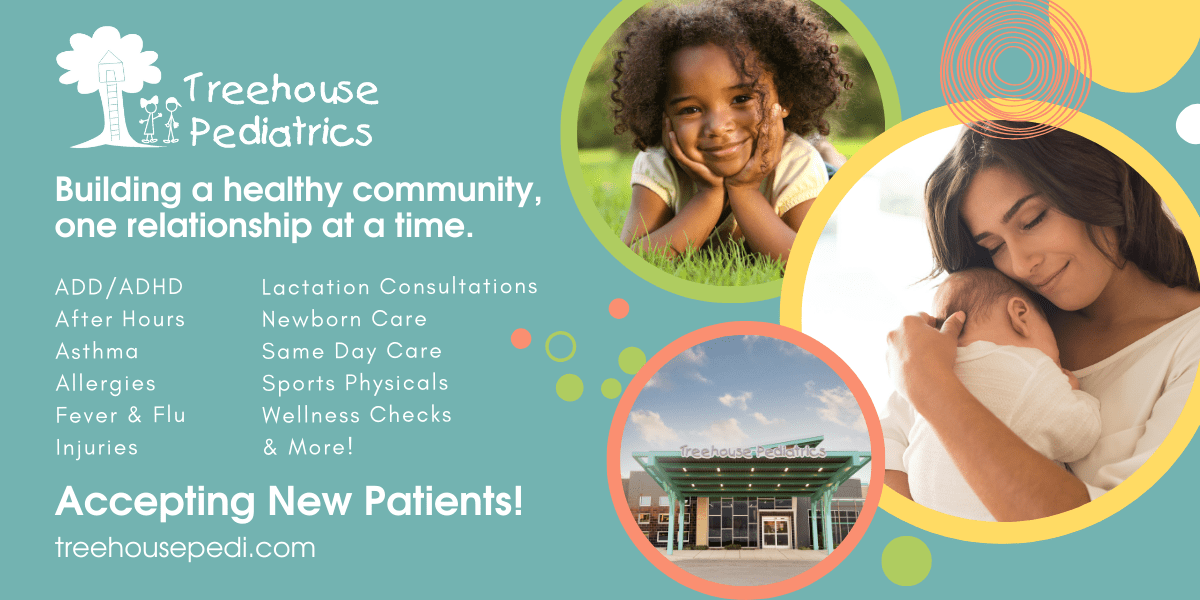We’ve all heard, “Breast is Best!” Every mother inherently wants what is best for their child… BUT… WHOA! It can be more of a struggle than one might imagine!
Here is a link to the American Academy of Pediatrics policy on breastfeeding and the use of human milk. Certainly the benefits of breastfeeding are tremendous. Listed in the article, as well, are contraindications to breastfeeding.
Here is a bit of my breastfeeding journey, as a first time mother, and a pediatrician… and this article is written with significant HINDSIGHT, and know with the knowledge of my experiences as a lactation consultant.
“I got this!” Or so I thought…After all, I’ve graduated from medical school, started my intern year in Pediatrics, completed my neonatal intensive care rotation (110 hour work week while 8 months pregnant with my first born!) Who needs to read, or take a class about breastfeeding? After all, it IS NATURAL, all mammals do it!
One might wonder why I didn’t at least watch an online video about breastfeeding. ERRR…Well, to date myself, this was almost eighteen years ago, before there was easy access to every ‘how to’ video imaginable.
I made it through the delivery, and there he was, sooo sweet and cute. Now, shew, I’m done! I was exhausted after a 14 hour labor, yay, I get to rest! Then, the nurse hands me this baby, and says, forcefully, but kindly, “you need to feed him. AND, you need to feed him every 2- 3 hours, all day, and all night.” Ok, so how? Huh!?!? WHAT? Goes WHERE? Yikes! What is happening? You just put a barracuda on my ?!?!?, get this baby OFF of me!
Oh man, HUMBLE thyself!!!! Thank goodness we have labor and delivery, as well as postpartum nurses, with years of knowledge and experience regarding breastfeeding and newborns! Oh and I should add, A LOT of patience! (SHOUT OUT TO YOU GUYS!)
Sooo, Jaeden and I figured it out, one moment at a time, together we both worked through it. There were tears from me, and lots of crying from him. Postpartum hormones made me an emotional mess, and I was so stubborn that I wasn’t very good at accepting help. (MISTAKE- ladies, take all the help you can get from husbands, grandparents, friends, etc!)
My milk came in about day 3-4, and all of a sudden there was a switch. He turned from a red wailing monster, into this peaceful, happy, and sleeping angel! That was just the first hurdle, of many, that came with my breastfeeding endeavor. But, I certainly decided then; I absolutely had to learn more about breastfeeding, so that I could help my patients in the future!
Common Questions & Helpful Tips
Here are some common problems in the first few weeks. Hopefully you will find this helpful in your breastfeeding journey. Just remember, it is a journey!
Is breastfeeding going to hurt?
First, to be honest, breastfeeding CAN be uncomfortable initially. I hate to say it this way, but with your first attempt at breastfeeding, your nipples will need to ‘toughen up a little bit’. A few simple suggestions:
- Make sure that the baby is directly facing the breast without having to turn his/her head to the side. Can you imagine trying to drink out of straw with your head turned to the side and lying vertical?
- Make sure you support your breast well, initially, without covering any part of the areola with your fingers.
- Wait until the baby’s mouth is wide open, then bring the baby onto the breast, i.e. pulling the baby into you with his/her chin pressing into the breast.
- Make sure baby’s lips are flanged out- like ‘fish lips’
Is it going to be difficult to keep the baby awake while nursing?
Both you and your baby will be sleepy for the first week or so (let’s be honest, you’ll be tired for the first several months!) For the first several weeks the goal is that the baby breastfeed at least eight to twelve times per 24 hour period. Try to make sure momma and baby are skin to skin for feeding periods. During the feeding you can increase stimulation by rubbing or patting the infant’s back. You can also tickle the feet!
How much pain will my nipples be in?
The ‘experts’ disagree on how much (if any) nipple soreness is normal at first. I will reiterate that some tenderness is normal for the first week or two, but shouldn’t HURT (i.e. no toe curling pain is normal)! Utilize the lactation consultant in the hospital to check the latch, as this is the MOST common cause of sore nipples in the early weeks. It is all about: LATCH, LATCH, LATCH! If your nipples are dry/cracked, then it is okay to use a lanolin based ointment, applied liberally, as needed. You can also use human milk expressed at the end of the feeding applied to the nipples, which can help speed the healing process. Do NOT use soap, alcohol, or regular hand or body lotion; and DO wear loose cotton bras/nursing tanks.
Will my breasts get engorged, and how much will that hurt?
Again, some breast fullness is normal after birth, typically between the 3rd and 6th day after delivery. Symptoms of engorgement include breast swelling, tenderness, warmth, redness, throbbing, pain, and flattening of the nipple. In order to prevent complications, it is recommended that prompt treatment is initiated:
- Brief warmth: I recommend using a clean diaper soaked in warm water, and laid as a compress on the breast.
- Massage: gently massage from outward chest towards the nipple. You can also hop in the warm shower, again using gentle massage.
- Encourage frequent feeding with baby, every 2 hours. If you are still uncomfortable after the infant has breastfed, then it is recommended to pump just long enough that your breasts are comfortable (NOT to empty the breast! as this will create an oversupply).
- Cold compresses may be used between feedings to relieve some swelling and discomfort.
Certainly if things don’t improve, or worsen, seek advice from you obstetrician, as this could be a risk for developing mastitis.
Then & Now
Breastfeeding is full of struggles for almost every mother and infant. Many of these difficulties can be worked through with the help of your pediatrician and a certified lactation consultant. The overwhelming emotions associated with new motherhood, physical and mental exhaustion, and postpartum hormones can sometimes feel like too much. Remember, YOU (and your spouse) get to decide what is best for you and your infant. Whether it be exclusive breastfeeding, exclusive pumping, combination breastfeeding and formula supplementation, or exclusive formula feeding. The most important facet is that mother and infant are healthy, fed, and happy. This is just the beginning endeavor of a lifelong precious and priceless relationship between mother and child.

Bringing home a newborn for the first time can bring so many questions! Austin Health Partners is excited to host virtual Newborn 101 classes for new & expecting families! Our classes cover a range of important topics to give you confidence in preparing and caring for your newborn. They are led by our board-certified pediatricians and give soon-to-be parents the opportunity to learn about what happens after the baby comes home. We cover basics such as newborn care, bathing, diapering, safe sleeping, skin care, calming techniques and more.
- Our pediatric events take place virtually at the following locations:
- Bee Well Pediatrics in Bee Cave
- Cedar Park Pediatric & Family Medicine in Cedar Park
- Georgetown Pediatrics & Family Medicine in Georgetown
- Neighborly MD in Pflugerville
- Southwest Pediatrics in Southwest Austin
- Schoolhouse Pediatrics in Westlake
- Treehouse Pediatrics in Round Rock
- Visit austinhp.com/events to register for events at a care center near you!

Written by: Dr. Shannon Mooney












